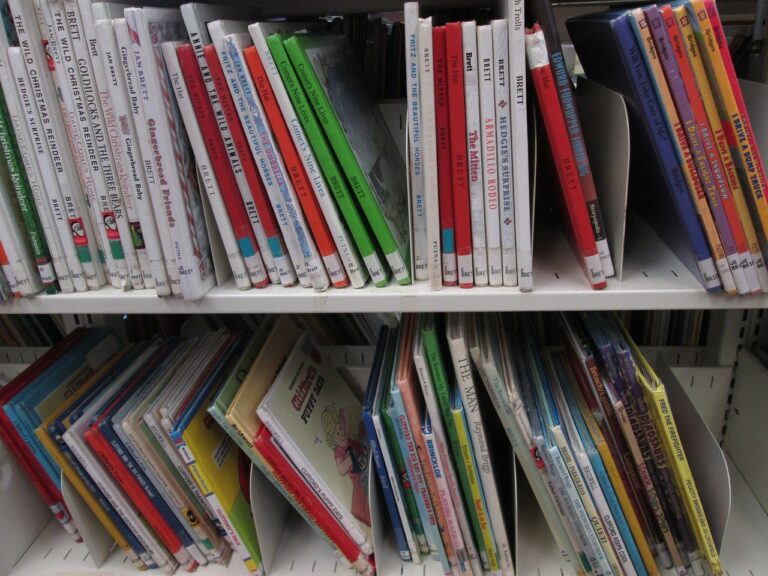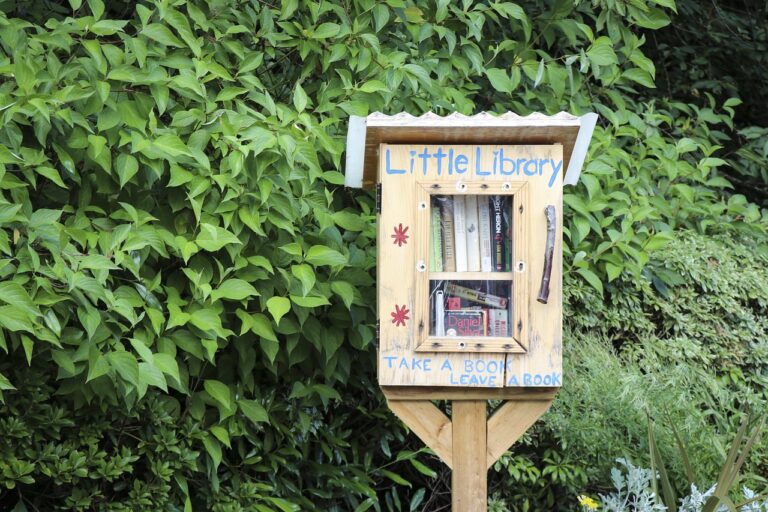Examining the Role of Play in After-School Learning: Betbhai9 login, Radhe exchange registration, 99 exchange
betbhai9 login, radhe exchange registration, 99 exchange: Examining the Role of Play in After-School Learning
After-school programs play a crucial role in shaping children’s academic success and overall development. While many programs focus on traditional teaching methods, incorporating play into after-school learning can have significant benefits. In this article, we will explore the importance of play in after-school learning and how it can enhance children’s educational experience.
Why is play important in after-school learning?
Play is more than just a fun activity for children; it is a vital tool for learning and development. When children engage in play, they are using their creativity, problem-solving skills, and imagination. Play allows children to explore new ideas, experiment with different scenarios, and learn from their mistakes. In an after-school setting, play can help children reinforce the concepts they have learned in school and apply them in a hands-on way.
What are the benefits of incorporating play into after-school learning?
There are numerous benefits to incorporating play into after-school learning. Some of the key benefits include:
1. Enhancing critical thinking skills: Play encourages children to think creatively and critically, helping them develop problem-solving skills and logical reasoning.
2. Improving social skills: Through play, children learn to cooperate, communicate, and collaborate with their peers, fostering important social skills.
3. Promoting physical activity: Play is a great way to keep children active and healthy, promoting physical fitness and overall well-being.
4. Boosting creativity: Play allows children to express themselves creatively, leading to increased imagination and innovation.
5. Reinforcing academic concepts: By incorporating play into after-school learning, children can reinforce the academic concepts they have learned in school in a fun and interactive way.
How can after-school programs incorporate play into their curriculum?
There are many ways that after-school programs can incorporate play into their curriculum. Some ideas include:
1. Setting up play stations where children can engage in hands-on activities related to the subjects they are studying.
2. Organizing games and activities that promote teamwork and problem-solving skills.
3. Encouraging creative play, such as art projects, role-playing, and storytelling.
4. Incorporating outdoor play and physical activities to keep children active and engaged.
5. Allowing children to choose their own activities and projects based on their interests and preferences.
FAQs:
Q: How can parents support play-based learning at home?
A: Parents can support play-based learning at home by providing children with ample opportunities for unstructured play, engaging in imaginative play with their children, and encouraging open-ended exploration and experimentation.
Q: How can teachers incorporate play into the classroom curriculum?
A: Teachers can incorporate play into the classroom curriculum by creating hands-on learning experiences, integrating games and activities into lesson plans, and allowing for open-ended exploration and creativity.
In conclusion, incorporating play into after-school learning can have a profound impact on children’s academic success and overall development. By providing children with opportunities to play, explore, and learn in a fun and interactive way, after-school programs can help children thrive both inside and outside the classroom. Let’s embrace the power of play in after-school learning and watch our children flourish.







